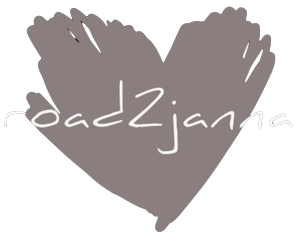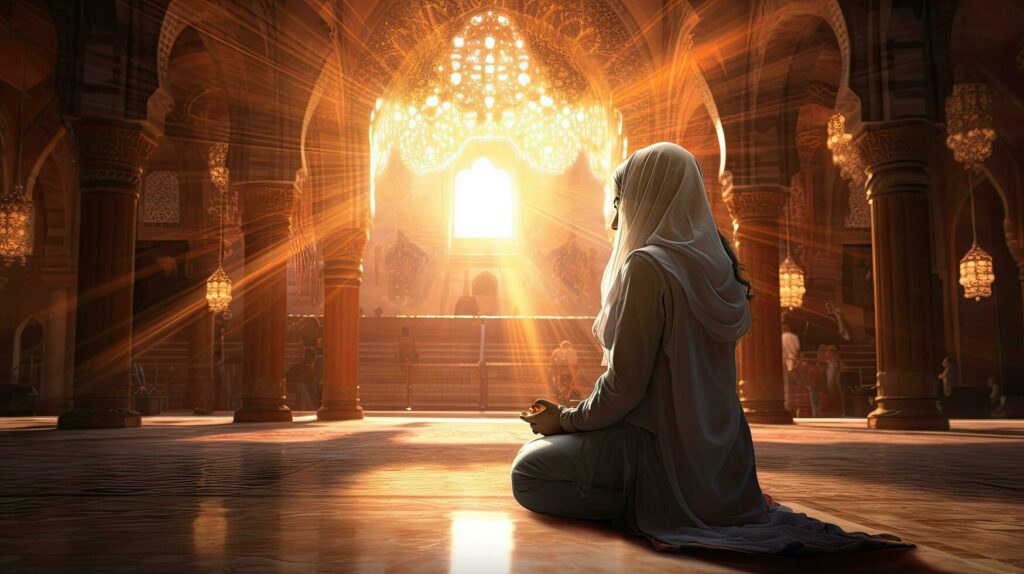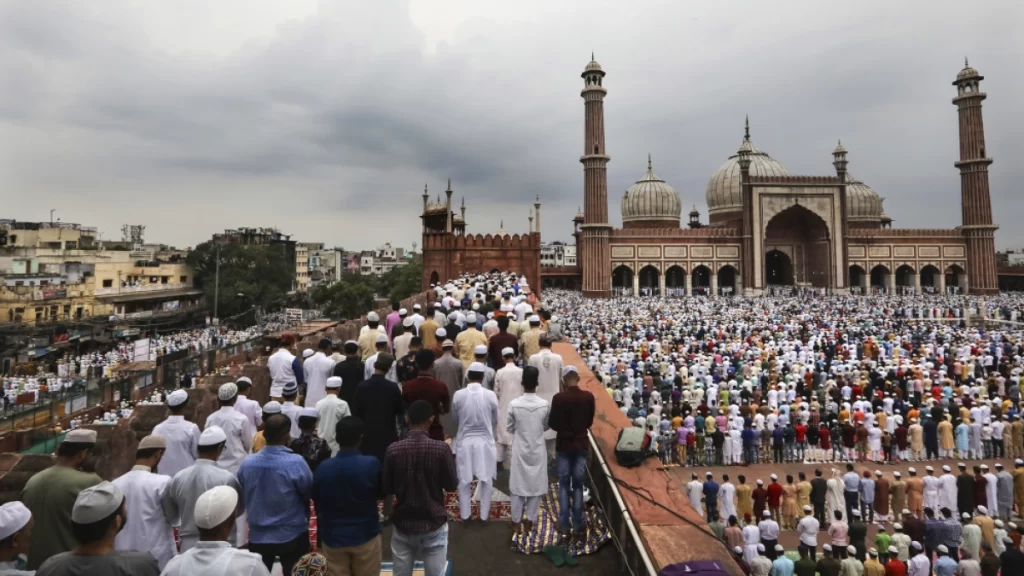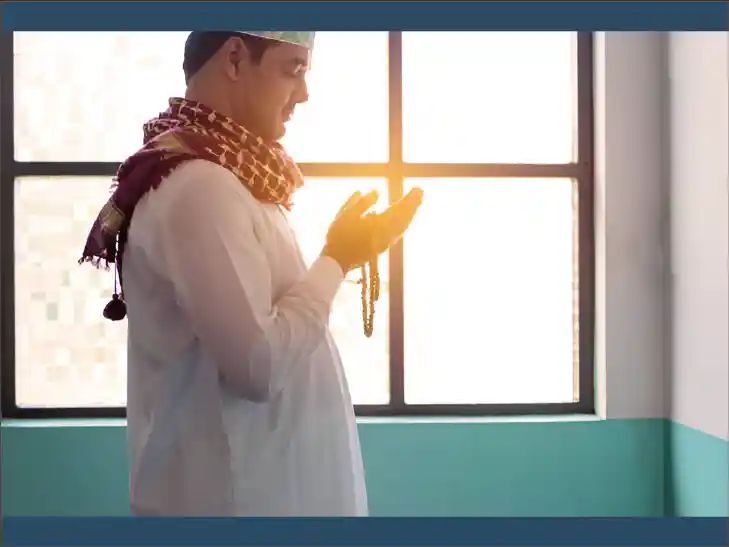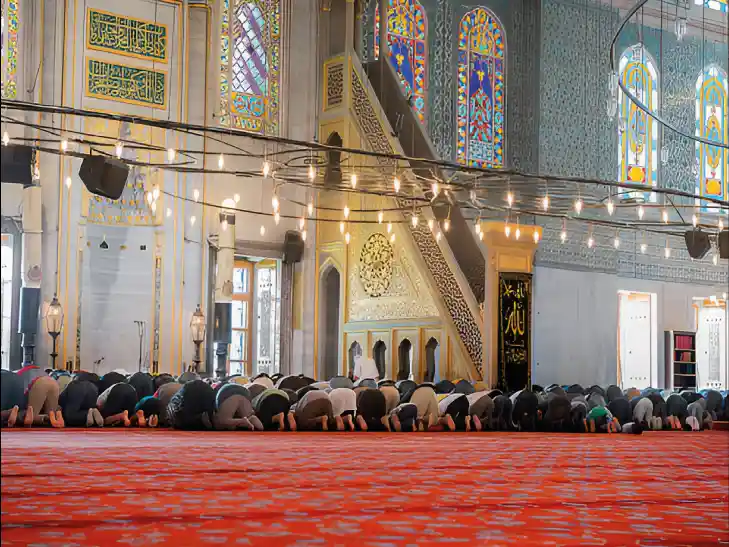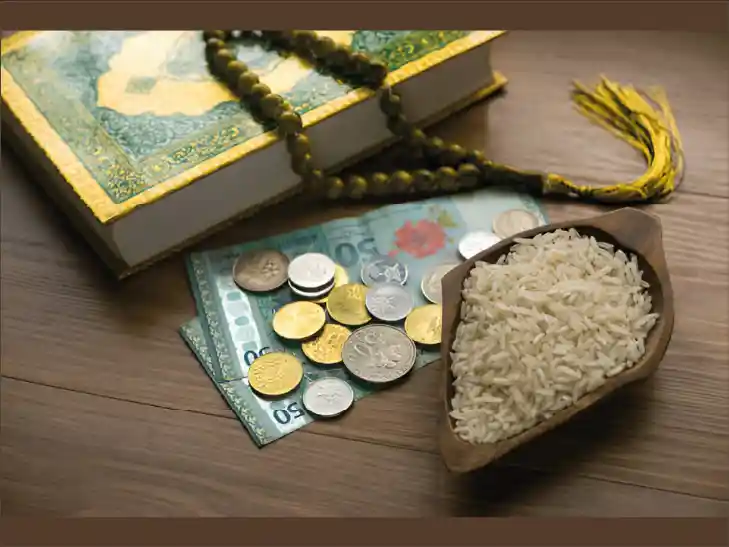Use of Mobile Phone during Hajj
Hajj is the most prominent pilgrimage in the Muslim world. Every year, around 1.8 million people perform Hajj. Once upon a time, people performed Hajj on foot; they had to start their journey months ahead. Now, in this era, people just book a ticket and fly. Still, booking through Hajj Agencies is a hassle. However, one thing is expected: people will rely on their cell phones for any information they need during the pilgrimage.
Nowadays, Hajj management heavily relies on digital systems like pre-registration. After depositing their money into the banks, pilgrims receive detailed information about their package, which is sent directly to the Hajj management system.
Minimising disruptions has significantly improved direct communication with Hajj pilgrims. Additional information can be obtained by searching the Hajj tracking number (e.g., H176FE00618) on the Hajj website. Additionally, updates are provided through SMS at various stages. Treatment card issuance at kiosks expedited medical services for lost Hajj pilgrims in Saudi Arabia. All of this can be done conveniently via mobile phones.
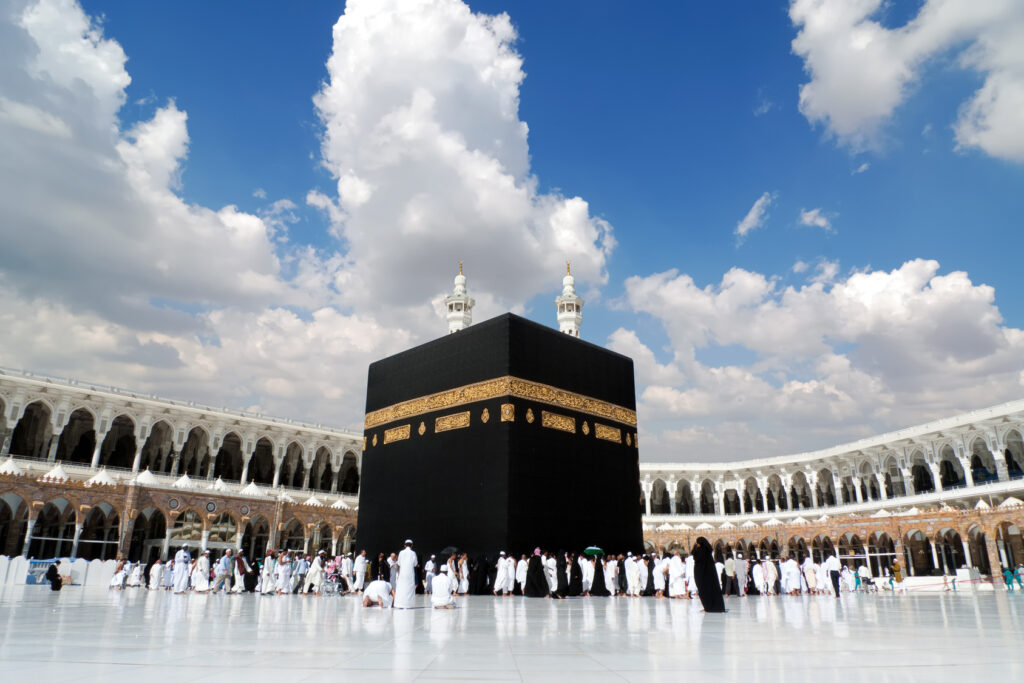
Table of contents
- Problems in the use of cell phones in Mina & Arafah
- Cellular packages during Hajj in KSA
- Cheapest cellular data provider in KSA
- Buy an e-sim for Hajj.
- Can I take pictures while on pilgrimage?
Problems in the use of cell phones in Mina & Arafah
Usually, many people gather in the Mina and Arafah areas, which is why mobile networks get overwhelmed with high traffic, resulting in poor network connectivity. Pilgrims need more data speed and charging stations in this area. So, you had better take a power bank with you so you do not lose connection with your peers. But overall, you will have good connectivity all over the country.
Cellular packages during Hajj in KSA
Several service providers in Saudi Arabia offer unique SIM card packages or activate connections specifically for Hajj. Pilgrims can purchase SIM cards by presenting their passports and visas, along with fingerprint verification (using biometric methods), and exchange them for Saudi Riyals (the currency of Saudi Arabia / SAR). Before purchasing, you must inquire about the rates and internet data charges associated with the SIM card.
Pilgrims can communicate via signals, including internet access, using the SIM card. While voice calls are not allowed on WhatsApp in Saudi Arabia, text messages and image sharing are possible. Additionally, voice calls can be made. Group creation is also available for communication with other members. But you can overcome this internet voice call issue by installing a VPN.
Cheapest cellular data provider in KSA
According to many sources, Zain is KSA’s best mobile service provider.
You can find information about their Hajj & Umrah Packages here: sa.zain.com
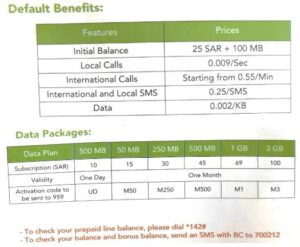

Source: 8: SIM Card | Guide to a Perfect Hajj (wordpress.com)
P.S 1 USD = 3.75 SAR (as of June 2024)
And Zain not only requires your phone number to recharge but also your passport identification number. So be sure to purchase a SIM yourself.
Buy an e-sim for Hajj.
Another option is to buy an e-sim before even landing in KSA, and you can use different online sim providers to buy one. The benefits of purchasing an e-sim are that you don’t need to do a KYC, and the WhatsApp voice calls are not banned. The prices of an e-sim can be a little costlier than buying a sim in KSA, but it is better to buy an e-sim keeping the ease in mind.
Can I take pictures while on pilgrimage?
In short, you cannot and even if you get the chance to take pictures, you should not. The Saudi government has forbidden the pilgrimers to take photos in front of Kaa’ba and inside the Great Mosque of Mecca. You can refer to this news source for more details: Mecca: Saudi Arabia snaps at Kaaba spiritual selfie-takers (newarab.com)
Photography (tasweer) refers to capturing images of living, moving beings, such as people, animals, and birds. According to various sources, it is considered forbidden. Such Hadiths are:
‘Abdullaah ibn Mas’ood (may Allah be pleased with him) reported that the Prophet (peace and blessings of Allah be upon him) said: “Those who Allah will most severely punish on the Day of Resurrection will be the image-makers.” (Reported by al-Bukhari, see al-Fath, 10:382).
Abu Hurayrah (may Allah be pleased with him) reported that the Prophet (peace and blessings of Allah be upon him) said: “Allah, may He be exalted, says: ‘Who does more wrong than the one who tries to create something like My creation? Let him create a grain of wheat or a kernel of corn.'” (Reported by al-Bukhari, see Fath al-Baari, 10:385).
‘Ali (may Allah be pleased with him) said: “Shall I not send you on the same mission as the Messenger of Allah (peace and blessings of Allah be upon him) sent me? Do not leave any built-up tomb without levelling it, and do not leave any picture in any house without erasing it.” (Reported by Muslim and al-Nisaa’i; this is the version narrated by al-Nisaa’i).
Ibn ‘Abbaas (may Allah be pleased with him and his father) reported that the Prophet (peace and blessings of Allah be upon him) said: “Every image-maker will be in the Fire, and for every image that he made a soul will be created for him, which will be punished in the Fire.” Ibn ‘Abbaas said: “If you must do that, make pictures of trees and other inanimate objects.” (Reported by Muslim, 3:1871)
Taking pictures and creating videos is a topic of disagreement among scholars within the Muslim community. There are knowledgeable and pious scholars who hold differing opinions on these matters.
However, there is consensus among them regarding the impermissibility of obscene pictures or those that reveal one’s ‘awra (private parts) when displayed publicly.
Regarding selfies, they generally fall under the same ruling as permissible pictures. Scholars who permit images would also allow selfies.
For further details, you can refer to the answer provided:
What is the Ruling on Taking Pictures and Drawing Animate Objects? (seekersguidance.org)
Summary
The Hajj, a major pilgrimage in the Muslim world, now includes mobile phones and digital technology. Through banking and pre-registration procedures, pilgrims receive comprehensive information regarding their packages. Communication has increased with the use of mobile phones for treatment card issuance and updates sent to families—however, densely populated places like Mina and Arafah experience network congestion. In Saudi Arabia, pilgrims can buy SIM cards to share images and send texts, but voice conversations on WhatsApp are prohibited. Zain is a cellphone provider that is advised. It is prohibited to take photos within the Great Mosque of Mecca and in front of the Kaaba.
